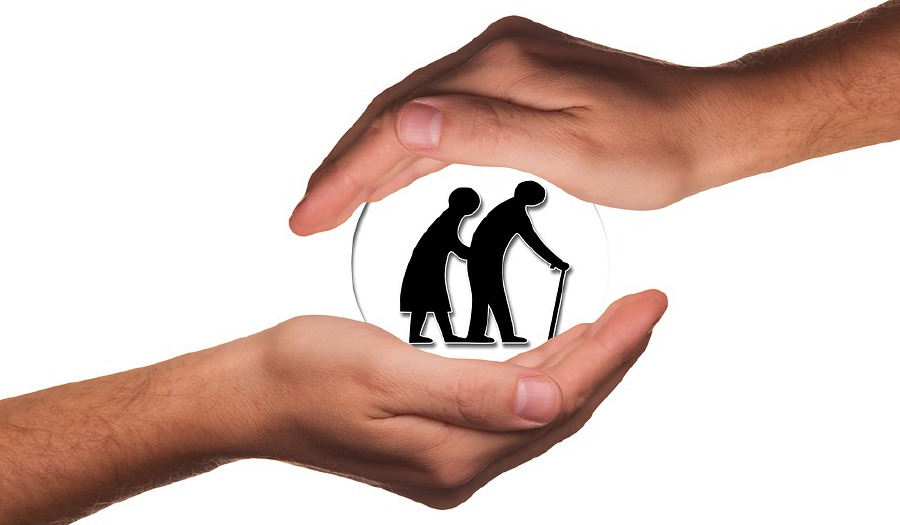MALAYSIA is expected to become an old nation by 2030 when individuals aged 60 years old and above exceed 15 per cent of the population. This is not an uncommon situation as the life expectancy of Malaysians is increasing.
The increase of the elderly or ageing population is also one of the characteristics of developed countries. In the United Kingdom, the population of those aged 65 and above in 2018 was one out of every five individuals. In Japan this year, the number of individuals aged 65 and above is about 25 per cent of the population.
The ageing population is expected to increase in the future. Therefore, the number of facilities, namely healthcare and social support, should be enhanced to ensure that the elderly lead a quality life.
Healthy ageing becomes the main goal when we reach the golden age. Even so, several factors prevent the elderly from enjoying quality living at the end of their lives. Among the challenges experienced by many in their senior age are having to deal with chronic illnesses, living in poverty, being lonely and grappling with emotional stress.
Unfortunately, almost similar challenges inflict informal caregivers of the elderly, albeit at a younger age.
Traditionally, the responsibility of caregiving rests exclusively on a female member at home in a family or society, such as the wife, mother, child, daughter-in-law, sibling, relative or neighbour. However, as many women receive education nowadays, which leads to them participating in the labour sector, the role as caregivers is no longer home-exclusive.
Today, the role of a caregiver is regarded as a profession that can generate income.
Generally, Malaysia adopts the traditional concept of informal care for the elderly, where family members and the community provide care service to the elderly rather than enrol them in formal care institutions. In fact, women remain the main caretakers of the elderly.
A 2007 study found that some adult children were unable to provide care for their parents, especially those with chronic illnesses. The children were in need of help and support from agencies such as the Welfare Department and public health department to care for their elderly parents, especially those suffering from physical and mental health problems.
The study also showed the difference in care service challenges between the disabled/partial disabled elderly with those who could still care for themselves. Therefore, support from related agencies is important.
The duties of a caregiver include providing emotional support, helping with household chores such as preparing meals and house cleaning, assisting the elderly's physical needs such as bathing, eating, taking medicine and taking them for hospital appointments, and managing their financial matters.
As such, it can be equally stressful for caregivers when they do not get support from others. In Islam, the degradation of the human function for the aged is mentioned in Surah Yasin verse 68, reminding us that such a situation is a form of a test for the individual and those close to them. Therefore, each child is obliged to be persistently gentle to both parents as they age (Al-Isra': 23).
In the light of this fact, it is clear that we need to emphasise care service for the elderly and explore new segments of elderly care service in line with present requirements.
Such preparations include expanding community care services for the elderly, providing subsidies to caregivers, especially those who fully care for their disabled elderly, providing and encouraging community-based training as caregivers, as well as changing the misconception of the formal institutions as a dumping place for the elderly.
To achieve the objective, everyone must accept the reality of ageing, which will be experienced by all if given a long life. However, such a long life is filled with uncertainties. Therefore, we should strive to prepare ourselves for healthy and quality ageing, and practise a healthy lifestyle financial management.
Let us make supplications for our parents and love them wholeheartedly and "and lower unto them the wing of humility through mercy, and say: 'My Lord! Bestow on them Your Mercy as they did bring me up'" (Al-Isra': 24).
The writer is Centre for Economics and Social Studies, Institute of Islamic Understanding Malaysia (IKIM)
The views expressed in this article are the author's own and do not necessarily reflect those of the New Straits Times





